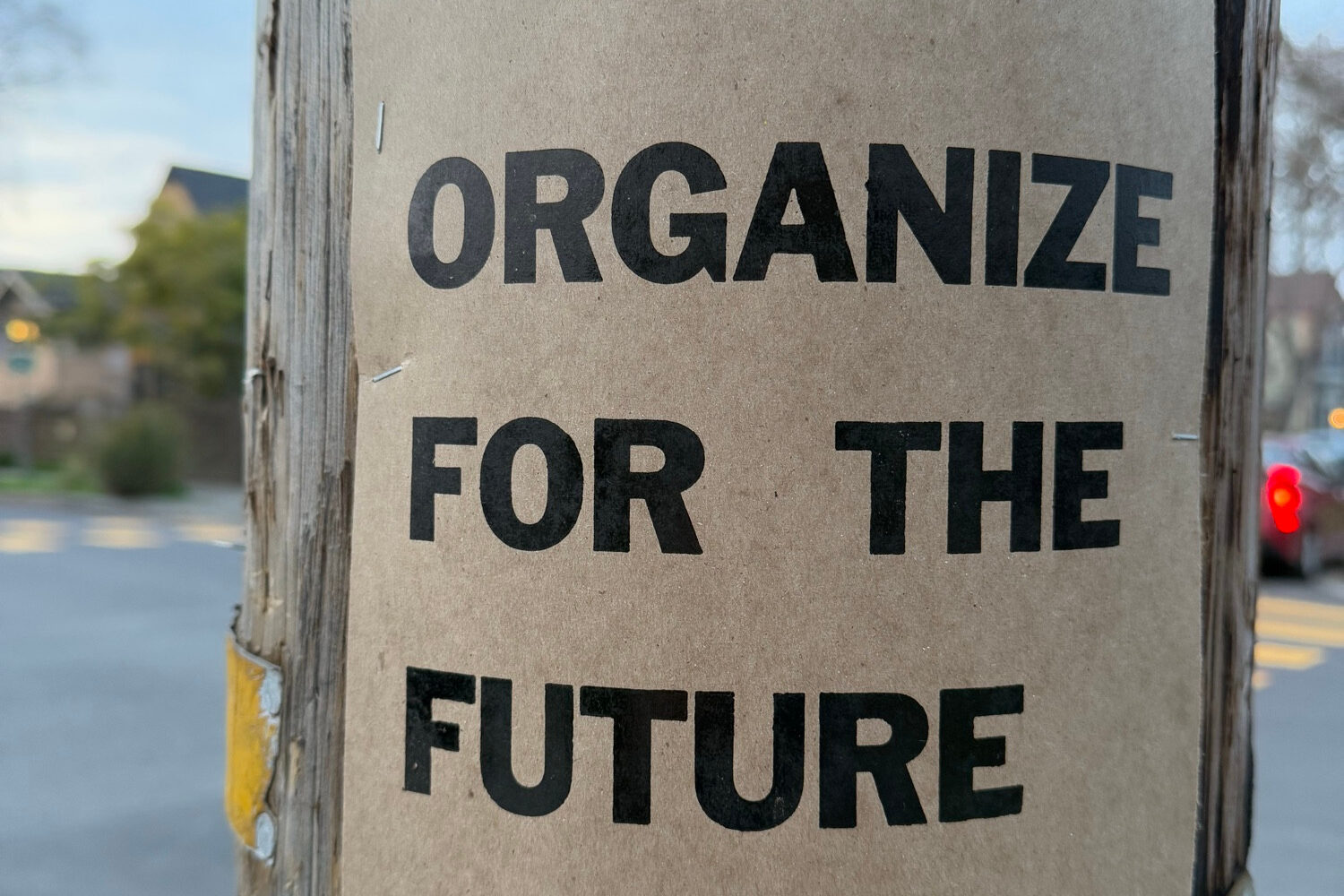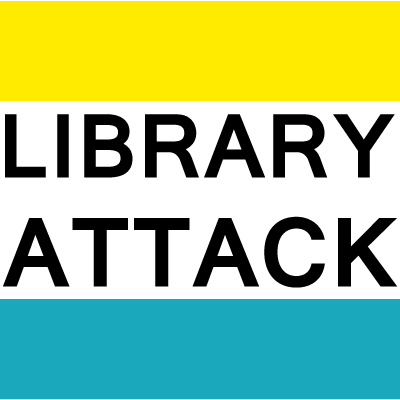
It feels kind of trite to blog about liaison librarians during a coup eviscerating our country, but here we are.
In November I wrote about the need for library workers to self reflect and organize in preparation for the fascist takeover on the horizon. I called for the need for us to organize not just our workplaces, but our professional organizations and disciplines. There’s a problem with this for library workers though – the decline of liaison librarians led to us not being part of our subject disciplines, which compounds this crisis.
This week as Musk and his DOGE squad (RIP 18F), I’ve noticed more librarians crying out about all that’s being lost. Not just the assurance of the constitution, but all of the federal data and government information we rely on. The CDC, NOAA, the Census, and (likely today) BLS – all being taken down or degraded such that we can’t fully trust it. This is a huge crisis. But also should have been entirely expected given what the previous Trump administration did in 2017. These actions were entirely expected – and yet… so many of my colleagues just figured out the magnitude of the crisis. Yesterday in a meeting where librarians feeling disempowered tried to figure out what to do in this moment, I snapped. (Apologies to all of you in that meeting!) While I totally understood the need to do something, to have some agency in this chaos, I was frustrated with the disconnect between librarians and folks in various disciplines. But that’s not any librarian’s fault, but the result of structural changes to academic libraries and the shift from an emphasis on subject liaisons to a functional model. This model spreads librarians across many subjects which makes it impossible to really be embedded in any, and then also gives rise to positions whose remit is simultaneously every and nothing, and divorced from the daily user experience. Bullshit jobs more in service of the library, not in service of the teaching an research. (Again – this is structural! It’s not like most library workers actually have control over this.)
I am very much part of my subject community. I am a librarian and a transportation person. I make sure the tools we build and maintain meet the needs of researchers without reinventing the wheel. I understand how transportation research is done, so I know how to work with students, researchers and faculty to meet their goals and needs. I provide guidance on how best to share research and data. I see this as a critical service to all sides of my professional identity. It’s why I was in DC in January for the TRB Annual Meeting. A meeting where I held conversations on how ontologies could make collaboration between modes easier, where I gave targeted feedback on our important databases, and I was in community with practitioners preparing for the Trump administration. Since the first week of January I have been working closely with transportation researchers and faculty from across the field to curate, document, and archive. It’s been fraught and exhausting, but it’s possible because I am a part of that community. I don’t feel the need to be the solution. I am part of a network.
I am sure every field scrambling to preserve and continue the work right now has librarians involved, but I also can tell that a lot of librarians are on the outside due to the structural nature of their positions. Our organizations want to help, but again… we see our work as in service of everybody without being in the community which is hugely important right now. And I think that dynamic is why we were collectively unprepared for the attack on the information ecology we’re experiencing right now. Library workers don’t see themselves as part of these systems, but consumers and peddlers of the data and information. Throughout all this tumult and chaos, I think it’s worth considering how we can go back to being a part of subject communities. If for no other reason than to help us be connected to something beyond ourselves. That is what organizing is all about.

Leave a Reply